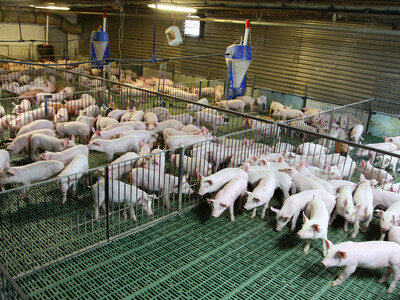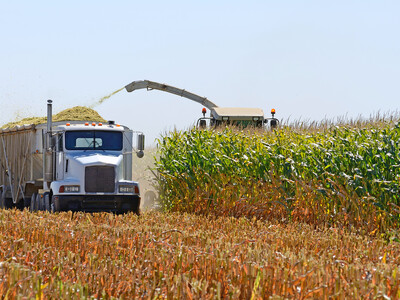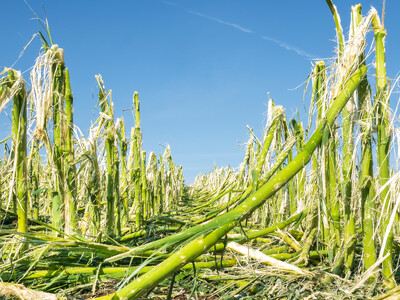Providing an Equal Opportunity
Providing an Equal Opportunity. I’m Greg Martin with today’s Line On Agriculture.
Growing up in the
MERTZ: While
Specifically, the percentage of black farmers and ranchers in
MERTZ: The 2007 census, we reported or had farmers report, 80 different farm operators reported they were black operators. That's up from 47 in 2002 and, I believe it was somewhere in the twenties in 1997.
Other racial and ethnic minorities showing a little bit of gain this past census include American Indian, now with more than 13-hundred operators in
MERTZ: We actually had a drop in total farm operators in the state. But as a percentage, folks of non-white farm operators did increase.
Mertz says several USDA agencies and programs recognize the need to assist minorities interested in farming or ranching.
MERTZ: Risk Management Agency, the National Resource Conservation Service, Farm Service Agency, Rural Development- they all have outreach programs that try to reach out and offer programs and opportunities for farmers from any background, any demographic so they can get started in agriculture.
That’s today’s Line On Agriculture. I’m Greg Martin on the Northwest Ag Information Network.

















